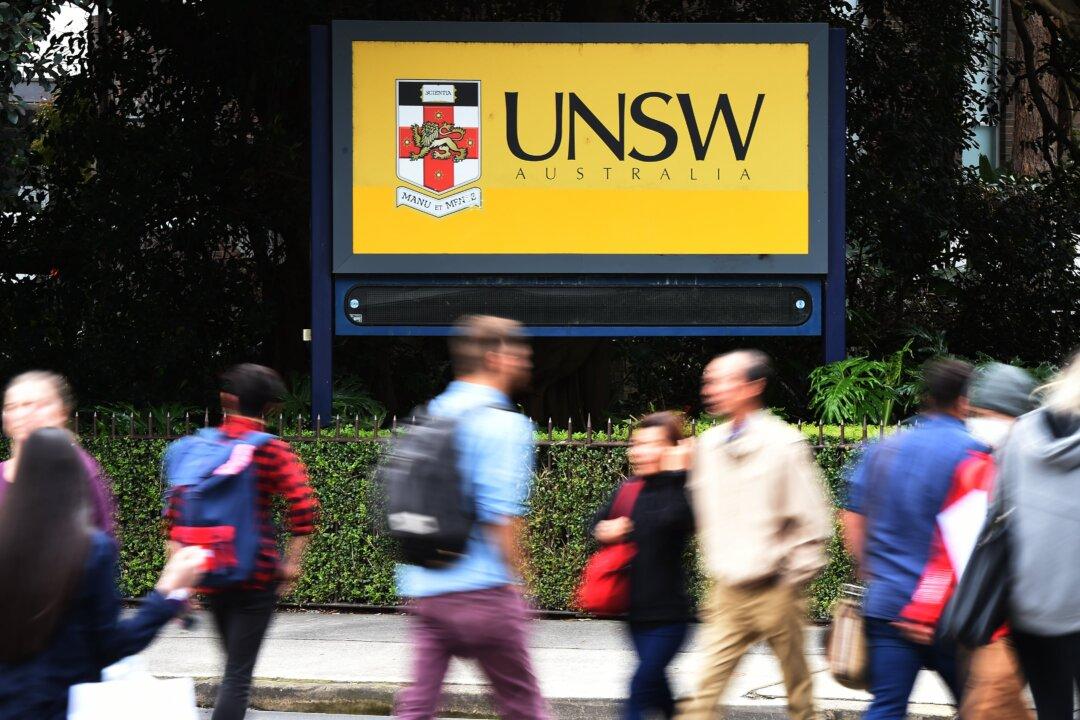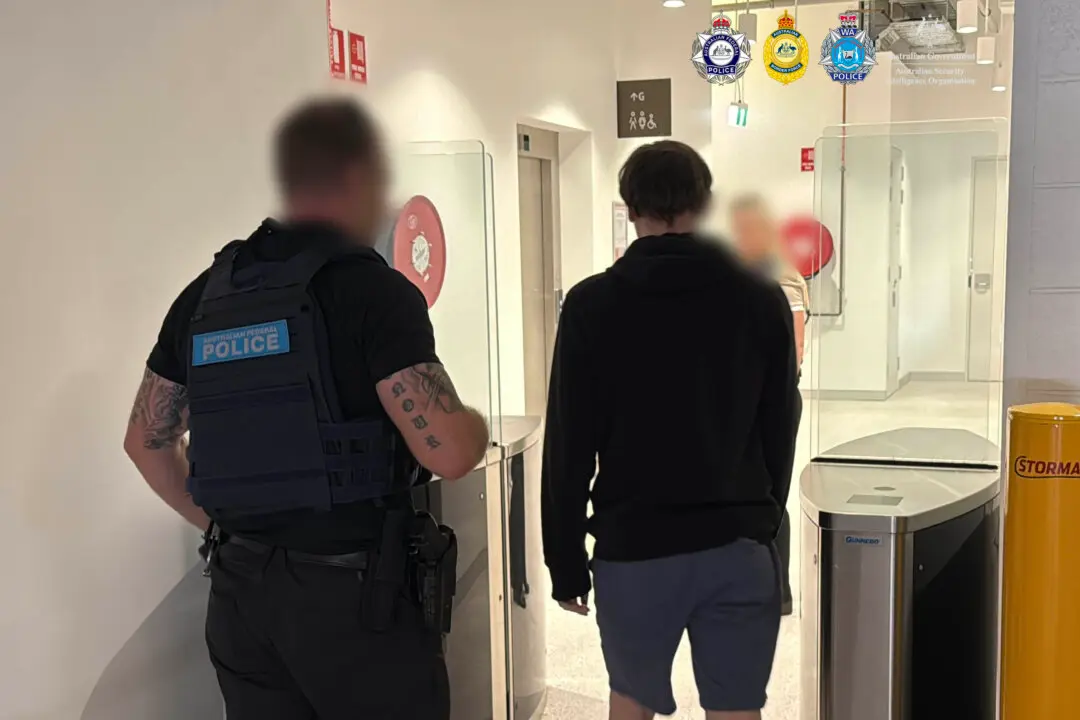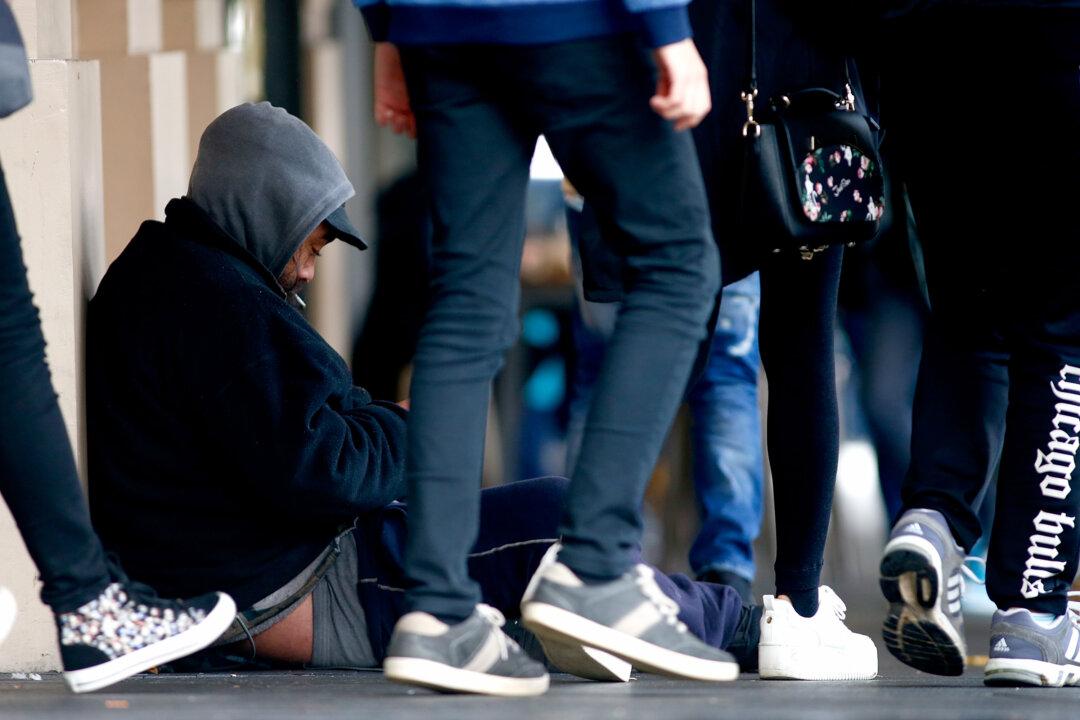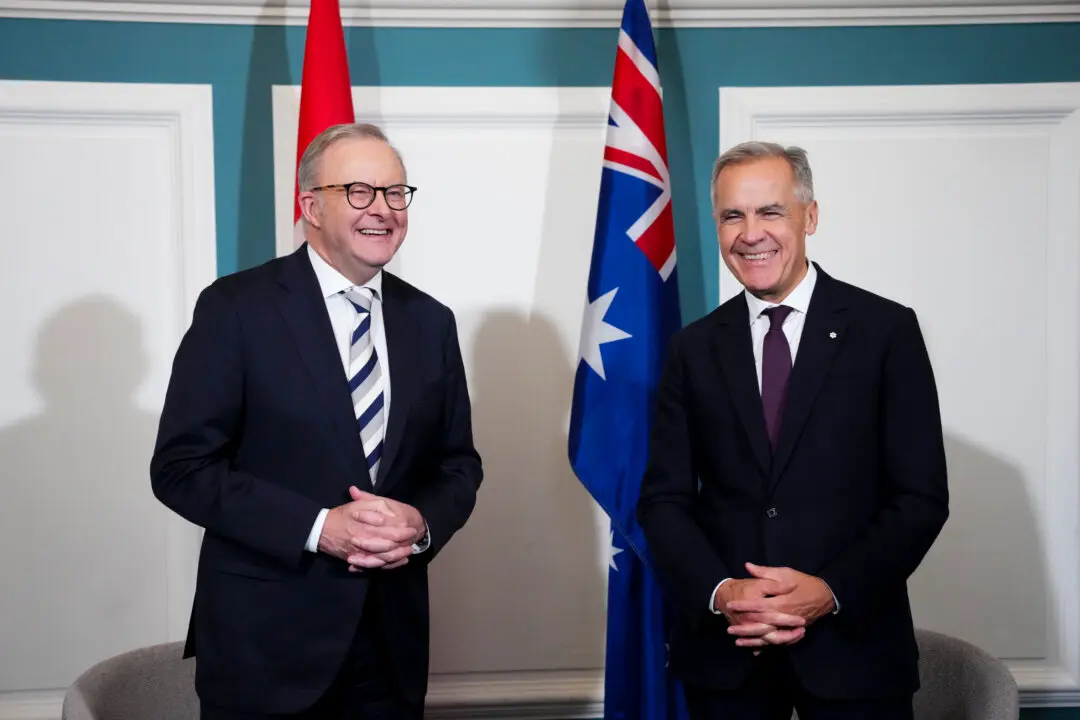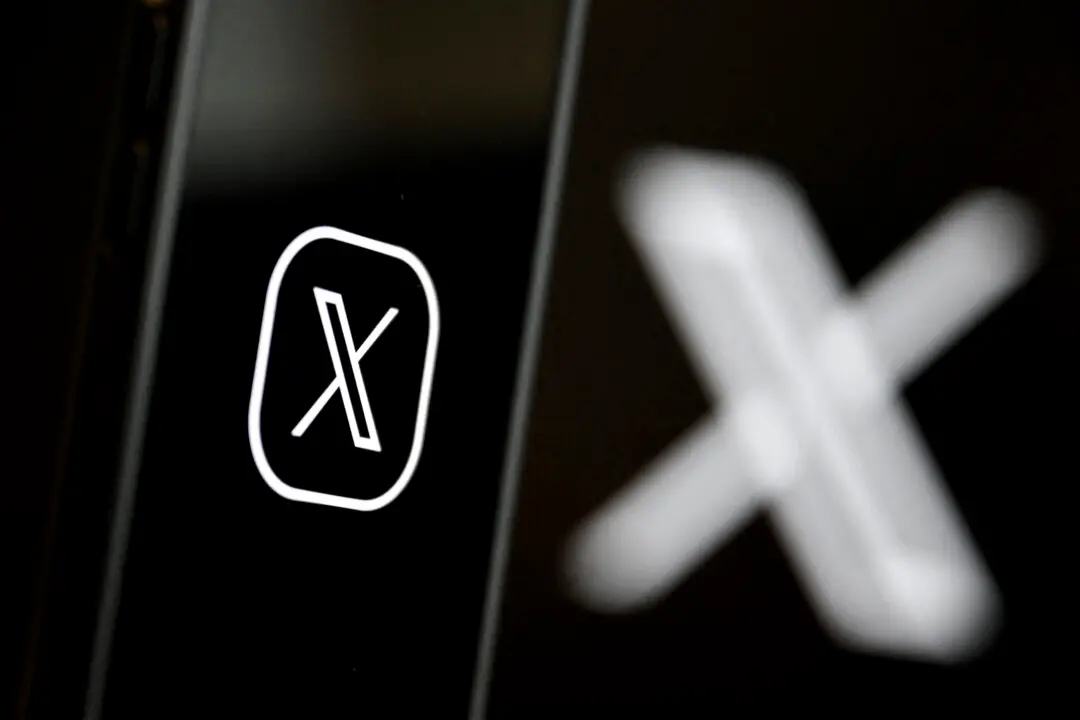The University of New South Wales (UNSW) has committed itself to working with the 11 different Aboriginal mobs (tribes) across the area it serves, to draft and agree on what it’s calling a “micro treaty.” The move is its response to the Uluru Statement from the Heart.
The university had promoted a “yes” vote in the Voice referendum and admitted it was disappointed when a 60.06 percent “no” vote sank that initiative.
